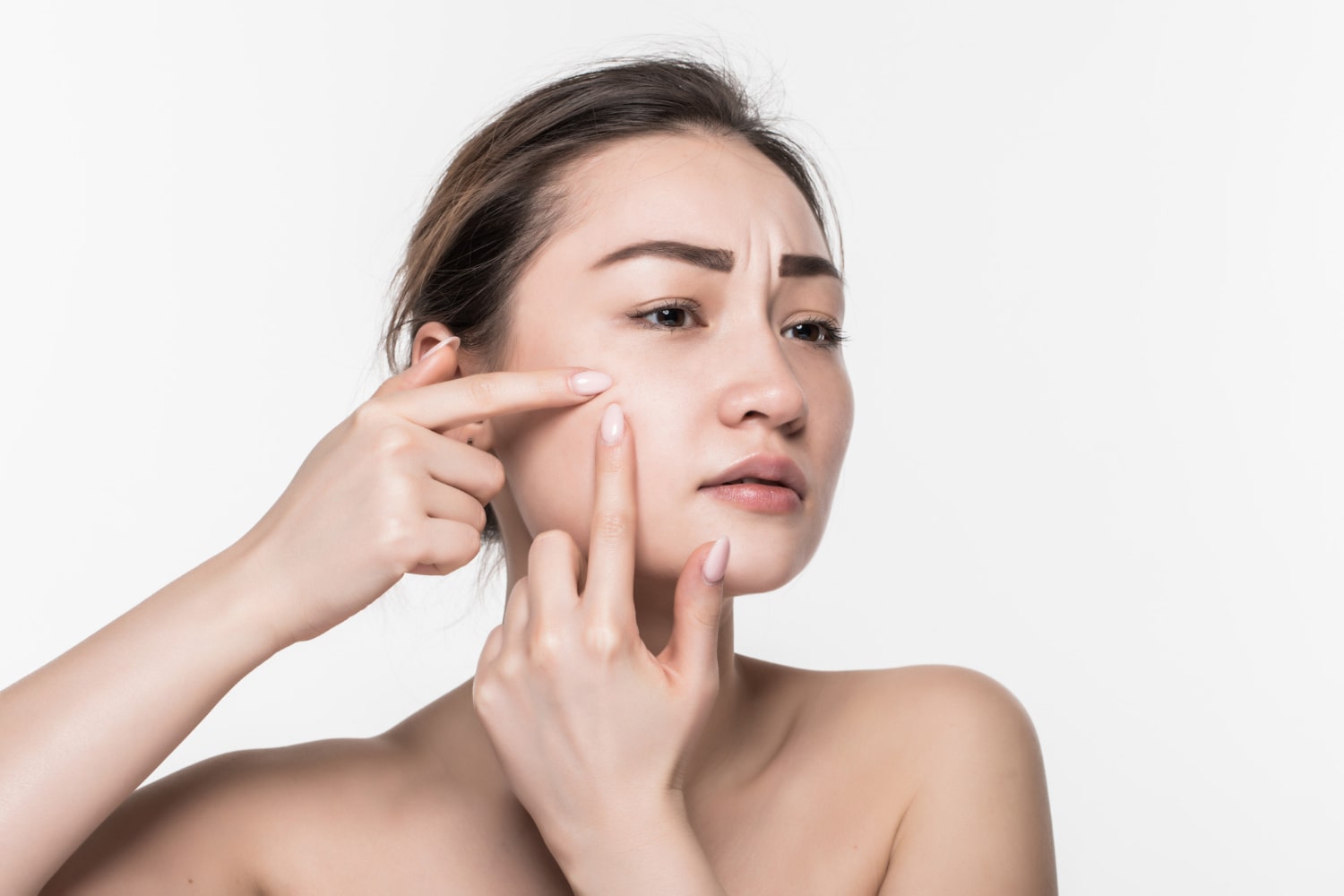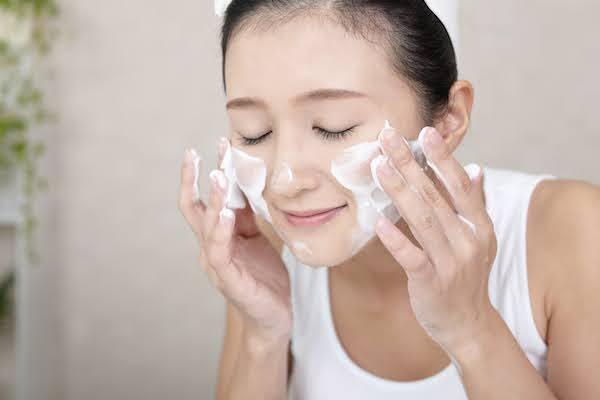Sensitive skin is one of the most common skin conditions, making your skin a little more responsive to other factors. Most people with sensitive skin respond with accounts of how they feel itchy, burning, or stinging on skin patches from time to time. For example, sometimes sensitive skin may mean that visiting a dermatologist is necessary.
There are some ways to soothe the irritation and relieve symptoms of sensitive skin. Depending on what's causing your sensitivity, you may find relief from simple at-home care; in other cases, you may need to turn to prescription creams or modify your skincare routine.
What Causes Sensitive Skin?
Sensitive skin can be caused by a variety of factors, including:
Environmental Factors
Sensitive skin tends to be very responsive to environmental factors. Temperature extremes, hot or cold, may dry out and irritate the skin by removing its natural oils. Humidity and wind contribute to aggravating existing sensitivities or causing new ones. Exposure to the sun's UV rays for a prolonged period may weaken it and turn red and inflamed. Sun protection, becomes important in protecting sensitive skin from such hostile environmental factors. Sunscreens protect your skin from harm, read more about ‘How to Choose Right Everyday SPF For Your Skin’.
Skin Care Products
Products you apply to your skin can make a world of difference in how sensitive it feels. Most beauty products nowadays contain some ingredients that can be harsh on sensitive skin, such as alcohol, unnatural perfumes, or strong preservatives. Overuse of exfoliants or abrasive scrubs may cause breaking down of the moisture barrier of the skin and result in sensitivity and discomfort. Gentle, hypoallergenic products and avoiding over-exfoliation are very important for maintaining good and healthy skin. Read more about ‘Everything You Need to Know About Facial Cleanser’.
Allergies
The other big culprits are allergic reactions. Contact allergens in skin care products, laundry detergents, or certain fabrics may cause irritation and redness. Sensitivity to foods can also manifest in the form of skin reactions that sometimes flare or increase existing sensitivity. Avoiding these allergens can help manage and lessen skin sensitivity.
Medical Conditions
Some medical conditions can leave skin more sensitive. Eczema is a dry, inflamed skin condition, characterized by itchiness and irritability. Rosacea is yet another chronic condition that may be associated with redness, swelling, and sensitivity, the area most affected is the face. These can be treated with proper medication and good skin care practices, which drastically alleviate sensitivity symptoms.
Diet and Hydration
What you eat and drink can affect the sensitivity of your skin. Deficiencies in nutrition, like an absence of essential vitamins and minerals, can weaken your skin and make it oversensitive. Likewise, with dehydration, a lack of water can dry out the skin and easily get it irritated. Ensuring a well-balanced diet and adequate hydration will help promote resilience in one's skin and increase its resilience toward sensitivity.
Stress
Emotional and physical stressors can pound your skin. Stress can trigger or worsen skin conditions, heighten sensitivity, and lead to flare-ups. Getting a handle on stress by way of relaxation techniques, good sleep, and balance in your life could be the key to improving skin quality and being less sensitive.
Skin Care Routine
Inconsistency of skincare routine can be a major factor for sensitivity. Skipping certain steps, applying products that don't go well with others, or using harsh cleansing techniques are ways to disrupt the skin barrier and make it sensitive. A consistent routine with gentle, appropriate products and techniques will help protect and soothe sensitive skin. Read more about ‘Best Tips of Using Skincare Mask’.
Hormonal Changes
Hormonal fluctuations, such as in pregnancy, menstruation, and menopause, could be the real drivers of your skin's sensitivity. This can easily lead to an increased level of redness or irritation with other sensitivity problems. Knowing when these hormonal changes take place and having a good skincare routine combined with some lifestyle changes will make sure healthy-looking skin has a reduced potential for being too sensitive.
How to Know if You Have Sensitive Skin
If the protective barrier of your skin starts to break down, then you have sensitive skin. It can be due to environmental factors, allergic reactions to some products, dehydration, or it could be an underlying condition. Common symptoms include the following:
- Rough, flaky patches
- Wrinkled, rough texture
- Redness
- Swelling
- Open sores or a yellow crust over the skin
- Peeling skin
Sensitive skin may induce objective signs and subjective symptoms. The objective signs are the physical changes that can be viewed by your healthcare provider, such as redness, swelling, or sores. These are physically visible changes in the protective barrier of the skin and can easily be noticed from an outsider's point of view.
The subjective symptoms describe what sensitive skin might feel like, including itching, stinging/burning, and pain. They are equally as true, but only experienced or witnessed by you alone. If you are looking for a skincare expert to get rid of your problems, book appointment with Morgan Rackley Skincare or call us at (770)896-8326!
Managing Sensitive Skin
There is a broad spectrum of treatments for sensitive skin. They are selected with three main aims in mind:
- Relieving and controlling itching or burning
- Addressing the cause of your sensitivity
- How You Can Avoid Skin Reactions in the Future
At Morgan Rackley Skincare, we believe that skincare is not a one-size-fits-all deal. We have a pretty simple, yet deep, philosophy: to give every client an experience related to their exact skin needs. With generic treatments saturating today's industry, every individual at our practice gets truly personalized care. We believe every human deserves a skin care treatment that is tailor-made for his or her unique complexion, issues, and aspirations. This means untangling the mystery of your skin to allow Morgan to create an advanced modality combination tailored especially for you.



